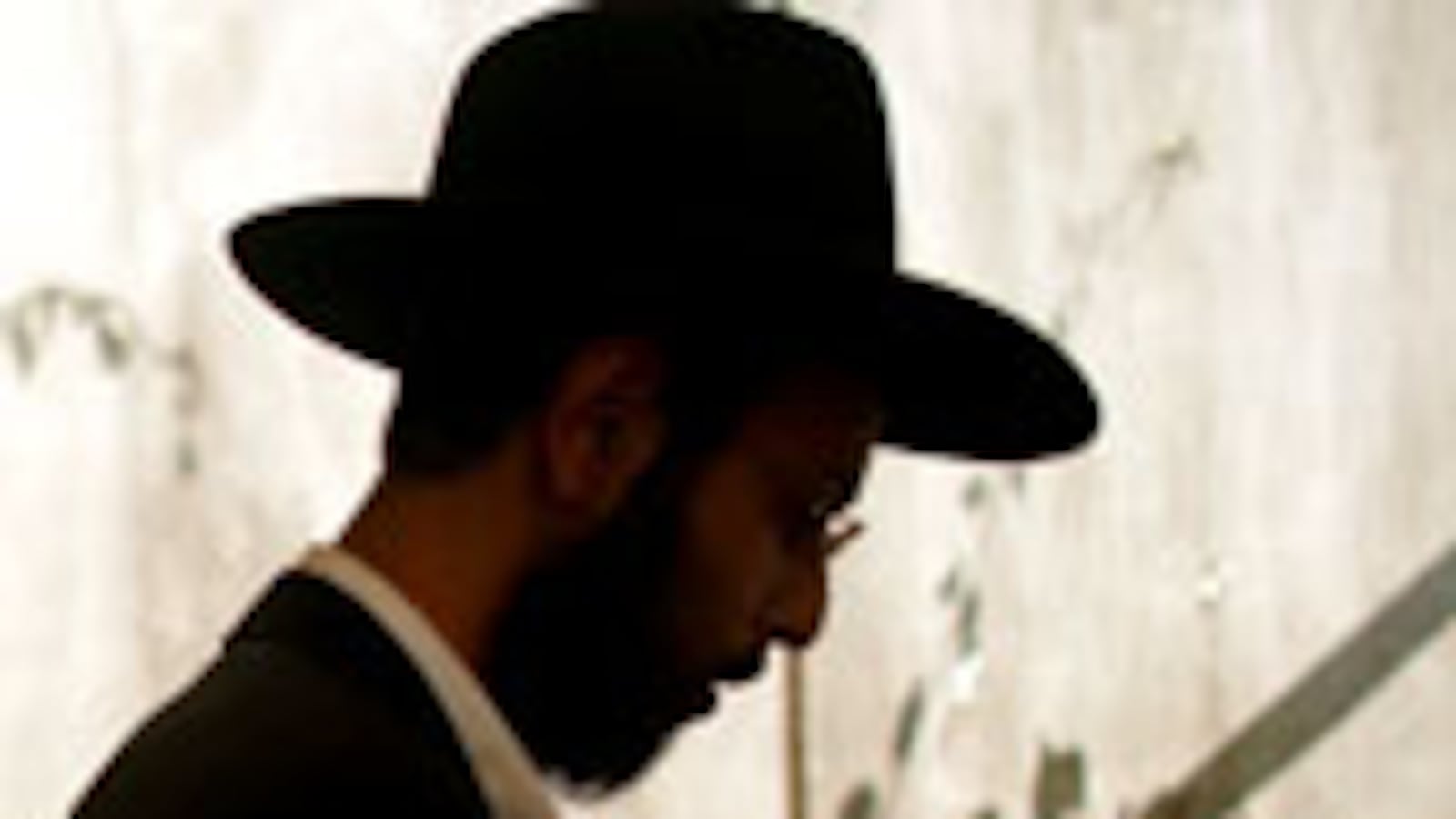
The Gallup World Religion Survey has published the results of a new poll about American prejudices toward Islam. The largest finding is unsurprising: “A slight majority of Americans (53 percent) say their opinion of the faith is either ‘not too favorable’ (22 percent) or ‘not favorable at all’ (31 percent).” Americans experience themselves as under multi-continent deadly attack from groups identified with Islam, and many attackers claim their religion as a motivating factor. That nearly half of the Americans polled report no negative feelings toward Islam might be counted as a show of tolerance. Muslims are wildly misperceived and unfairly judged, but Americans are at war, and afraid.
The Crusades, unfolding across most of three centuries just as European culture jelled, set the twin hatred of Muslim and Jew into its DNA.
But one finding of the survey seems profoundly counter-intuitive, and deeply troubling. The single most powerful predictor of “a great deal” of prejudice toward Muslims is equivalent negative bias toward Jews. In fact, contempt for Jews makes a person “about 32 times as likely to report the same level of prejudice toward Muslims.” Anti-Semitism and Islamophobia are halves of the same walnut. That is surprising because Jews and Muslims are widely perceived–and often perceive themselves–as antagonists occupying opposite poles in the great contemporary clash of cultures. The word “Jew” is an all-purpose jihadist slur, and Jews who rank Israel near the top of their concerns have cause–Iran, Hamas, Hezbollah–to equate mortal threat with the religion such groups loudly proclaim. On the principle of the enemy of my enemy is my friend, people who hate Muslims should love Jews, and vice versa. Apparently not so.
But this finding, in fact, squares with history–and with the deep structure of Western Civilization’s double-barreled paranoia. Hatred of an “enemy outside” is often matched by hatred of an “enemy inside,” and the generating instance of this was the Crusades. Recall that the 11th-century “war of the cross” was Christian Europe’s great striking back against the infidel enemy that had occupied the Holy Land since Muhammad’s armies overran it within a generation of his death in the 8th century. The attack against the Muslim infidel far away began, in the spring of 1096, with Crusader attacks against Jews living along the Rhine River–“infidels near at hand.” Until then, Jews had lived in peace in Europe, and their communities had thrived. Indeed, the Crusader attacks on Jews in Cologne, Mainz, Worms, and Trier in April and May of that year were Europe’s first pogroms. Thousands of Jews died. Jews in Europe were not attacked until Muslims were attacked outside Europe. The Crusades, unfolding across most of three centuries just as European culture jelled, set the twin hatred of Muslim and Jew into its DNA. Every time the one was perceived as threatening, so was the other.
The Jew became Europe’s paradigmatic “enemy within,” a status that was most demonically exploited by Hitler. But this dynamic–fear of the enemy outside sparking fear of the enemy inside–can be seen broadly at work, even in America, where Jews have more securely established themselves than anywhere. During the Great Depression, it was anarchists abroad and Jewish “financiers” at home (think Father Coughlin). During the Red Scare, it was Moscow abroad and Jewish “security risks” at home (think the Rosenbergs, Oppenheimer). Today, when populist anger seethes against mythical “bankers,” it would be prudent to have an ear out for anti-Jewish undertones of such rage, if only because we have been here and done this before.
The Gallup poll showing a link between anti-Semitism and Islamophobia is a clear indication that profoundly irrational forces are at work. The United States has been deeply unsettled by its war on terrorism. There are good reasons to dread horrific attacks (see Wednesday’s report on U.S. vulnerability to biological weapons). But exaggerated fears can fuel themselves, and the dynamic of prejudice can be a riptide. The Gallup survey suggests how Americans must guard against blanket stereotyping of Muslims, the vast majority of whom are as appalled by jihadist attacks as anyone. But it also sounds a warning of an unseen current that has run below the surface of Western culture for a millennium. Hatred of Muslims and hatred of Jews amount to one story. It is not over.
James Carroll's recent book is Practicing Catholic, a story of American belief. He is a columnist for the Boston Globe and Distinguished-Scholar-in-Residence at Suffolk University. His other books include An American Requiem, which won the National Book Award, House of War, winner of the PEN-Galbraith Award, and Constantine's Sword, now an acclaimed documentary.






